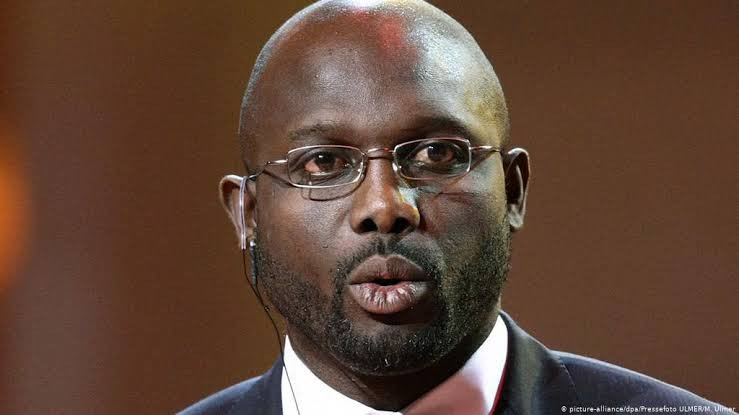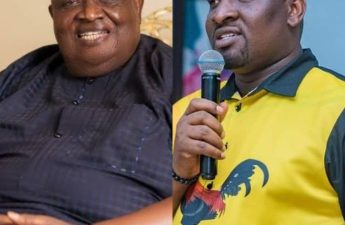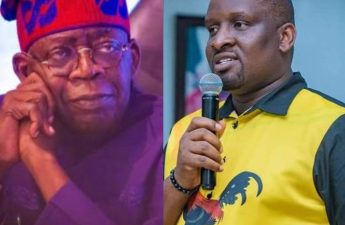Liberians began voting on Tuesday on President George Weah’s plan to shorten presidential terms, with critics fearing he could use the change to cling to power.
Former football star, Weah has told supporters keeping the same leader for years “is not the way to go” and wants presidents and lower-house lawmakers to serve five years instead of six; and senators seven years instead of nine.
But the move has sparked suspicion in region where ageing presidents have used constitutional changes to tighten their grip on power.
In Guinea, 82-year-old President Alpha Conde won a controversial third term in October after pushing through a new constitution that allowed him to bypass a two-term limit.
The same month, Ivorian President Alassane Ouattara, 78, was elected for an equally contentious third term, after having revised the country’s constitution.
Opposition politicians in Liberia fear that Weah, 54, could try a similar move, although the president has denied the claim.
He was elected in 2018 and is still serving his first term in office. The country’s constitution sets a maximum of two terms.
Voters are also choosing whether to repeal a 1973 ban on dual nationality, a move which some hope could be an economic boom in the poor nation of 4.8 million people.
Hundreds of thousands of Liberians are thought to reside overseas, having fled war and poverty.
If they acquire another nationality they are barred from owning property at home, however, among other restrictions.
There were long queues at polling stations in Liberia’s capital, Monrovia, on Tuesday, suggesting a high turn out.
“I got here at 5:30 am to vote yes for the dual citizenship,” said Manuela Jackson, a 23-year-old university student voting in eastern Monrovia, whose brother has US citizenship.
“That is the only interest I have (in) this vote,” she added.
Should the referendum overturn the dual-nationality ban, Liberians with two passports will still remain barred from elected office.
Some view the referendum — which is taking place alongside a mid-term senatorial election — as a bellwether of support for Weah.
Born in Monrovia’s slums, the president rose to football stardom and then to his nation’s highest office, making him an idol to many.
But Weah is facing mounting criticism over poor living standards in Liberia.
The country is still recovering after back-to-back civil wars from 1989 to 2003, and West Africa’s 2014-16 Ebola crisis.
It also suffers from soaring inflation, and regular cash and fuel shortages. The Collaborating Political Parties (CPP), an opposition coalition, has led the charge against the referendum and has urged its supporters to boycott the poll.
It argues that there was not enough public discussion about issues, which few fully understand.
“We don’t even know what the implications are when you vote ‘yes’ or you vote ‘no’,” CPP secretary-general Mohammed Aly told AFP recently, warning that Weah could seek further terms.
Weah’s chief of staff Nathaniel McGill dismissed the claim the president would seek to extend his stay in office, pointing out in October that the president had yet to even finish his first term.
“It is not good for one man to be president for a long time,” McGill told reporters at the time. After a peaceful election campaign, fears of electoral violence also surfaced on Sunday when protesters attacked a CPP politician’s convoy in the northwest of the country.
Weah has condemned the violence. About 2.5 million voters are registered to vote, according to the national elections commission. Polls are set to close at 6:00 pm, with initial results expected this week.
AFP



